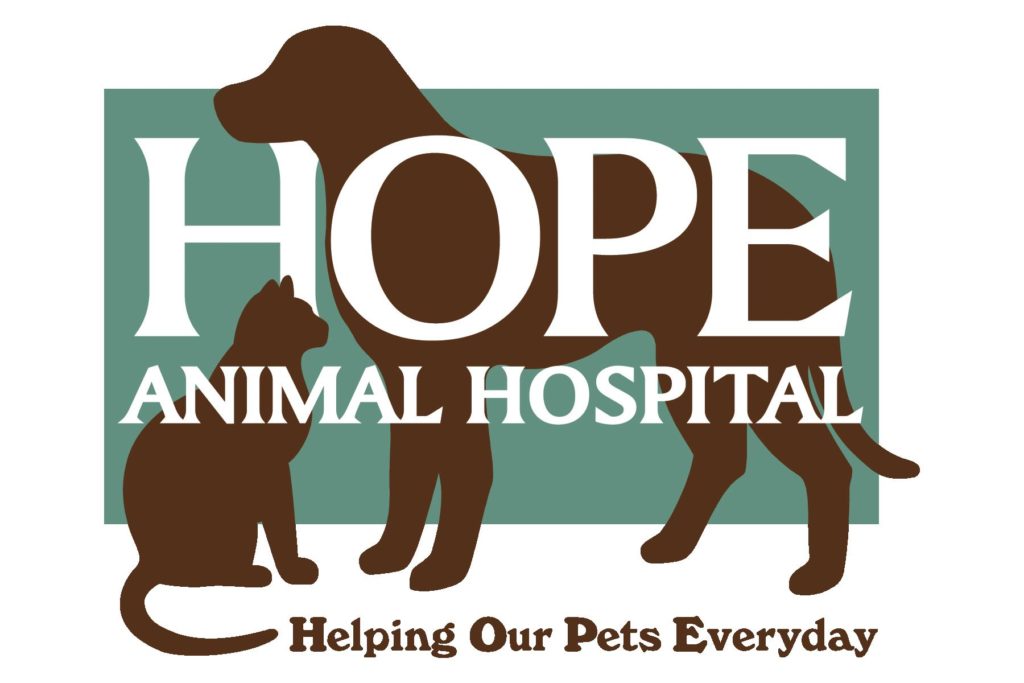Library
-
Sodium chloride (hypertonic) ophthalmic is a topical medication used to reduce surface (corneal) swelling of the eye in cats and dogs. Sodium chloride is available without a prescription but should only be used under the direction of a veterinarian. It may be used “off label” or “extra label” to treat eye conditions in animals other than cats or dogs. Sodium chloride (hypertonic) ophthalmic comes in ointment and liquid drop form. Avoid use in animals with corneal ulceration or dry eye.
-
Soft tissue sarcomas are a broad category of tumors that can develop over the chest, back, side, legs, and facial tissues of your pet. The clinical signs depend on where the tumor is located and the tissues that are affected. Often, pets have a noticeable mass that is growing in size. One of the biggest concerns with soft tissue sarcomas is their ability to invade the local surrounding tissues. The most commonly pursued treatment is surgery. Chemotherapy is not usually pursued as a primary treatment unless surgery or radiation are not options for your pet based on the tumor size or location.
-
Sotalol is given by mouth or injection and is used off label in dogs and cats to treat abnormal heart rhythms. The most common side effect is tiredness. Do not use in pets that are allergic to it or that have asthma, heart block, slow heart rate, uncontrolled congestive heart failure, or shock. If a negative reaction occurs, please call your veterinary office.
-
There are lots of ways to find adoptable pets, and large or small, local or national, online resources and shelters have the same goal: match available pets with the most suitable homes. Social media has helped find homes for countless dogs and cats. Well-developed websites that are updated frequently and actively used by rescue groups and humane societies make shopping for a pet online a fruitful experience. Shelters are another great option if you want to see many pets at one time.
-
Soy protein is given by mouth and is used over the counter to treat many conditions such as urinary incontinence, certain cancers, inflammation, obesity, and diabetes. Side effects may include gastrointestinal signs, or allergic reactions. Do not use in pets that are allergic to it, or in pets that are pregnant or nursing. If a negative reaction occurs, please call your veterinary office.
-
Spaying is the common term used to describe the surgical procedure known as an ovariohysterectomy. In this procedure, the ovaries and uterus are removed completely in order to sterilize a female dog. There are several pros and cons to spaying currently under scientific scrutiny; however, the overall consensus at this time is that spaying will increase the lifespan of a dog. This operation requires a general anesthetic and complications are rare. A rest period of 5-10 days is needed for recovery after surgery.
-
Canine grooming is important. Dogs should be kept clean, be brushed often, and get clipped as needed. If you want to do something more unique, like applying nail polish or hair dye, choosing a canine-approved product that is appropriately applied while the dog is monitored is highly recommended.
-
The two groups of spiders responsible for most medically significant spider bites include the widow spiders (Latrodectus spp., including the black widow spider) and the recluse spiders (Loxosceles spp., including the brown recluse). The clinical signs and treatment of black widow and brown recluse spider bites vary significantly due to differences in their venom.
-
Spinosad (brand name Comfortis®) is an antiparasitic used to kill adult fleas and to prevent and treat flea infestations in dogs and cats. It may be used off label (extra label) to treat other parasites and in other animals. It comes in an oral tablet form.
-
Spironolactone is given by mouth and is used off label to treat congestive heart failure, fluid accumulation, and other cardiovascular problems. Common side effects include increased drinking and urinating, mild decreases in energy, mild electrolyte imbalances, or vomiting/diarrhea. Do not use in pets that are allergic to it, have elevated potassium levels, Addison’s disease, acute kidney failure, significant kidney disease, that are not urinating or that may be used for breeding. If a negative reaction occurs, please call your veterinary office.

